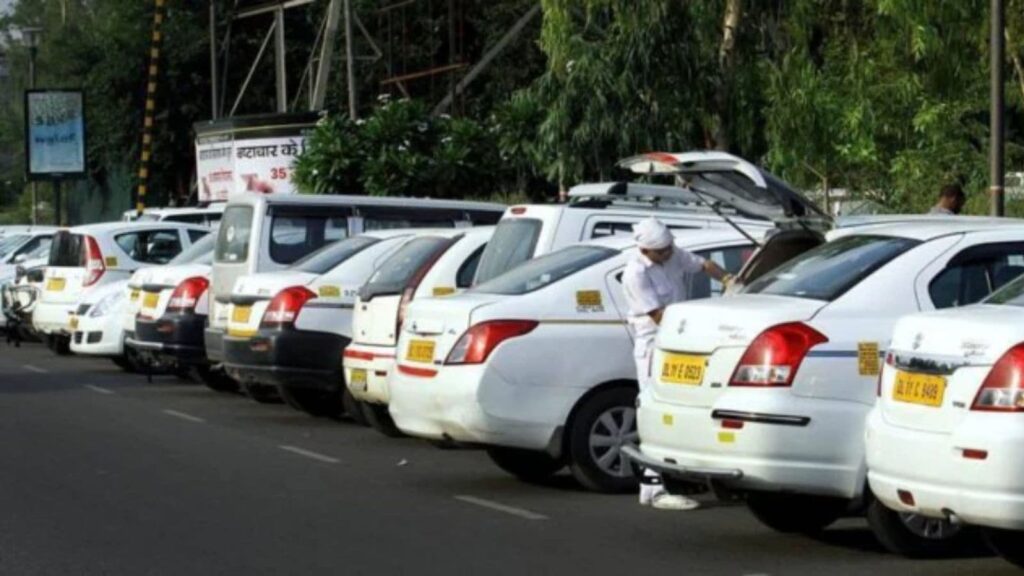Ride cancellations by drivers of app-based taxi services, such as Ola, Uber, and Rapido, continue to be a major pain point for commuters across India. A survey revealed that a staggering 82 per cent of users experienced cancellations in 2025, up from 75 per cent in 2023.
The data, from a comprehensive survey by LocalCircles, a community social media platform, involving over 75,000 responses from 325 districts, paints a bleak picture of service reliability despite growing government intervention.
According to the findings, one in every two users faced cancellations at least once in the past year, often after the driver accepted the ride. Of the 17,993 users who responded to a related question, 74 per cent said drivers cancelled rides upon learning the destination, digital payment mode, or both. While this number is slightly lower than 84 per cent recorded in 2023, the frequency of such cancellations continues to frustrate users.
Consumers report that drivers often cancel trips if the route is deemed unprofitable or if the payment method is not cash. “This has led to several complaints of forced cancellations, with users sometimes asked by drivers to cancel the ride themselves. The most troubling aspect is that this practice remains rampant even in large metropolitan cities,” the report stated.
The Central Consumer Protection Authority (CCPA) has previously taken cognisance of such issues, having issued notices to major aggregators like Uber over allegedly unfair trade practices. The Union Consumer Affairs Ministry is also investigating other platforms, including Ola and Rapido, for possible dark patterns, particularly the practice of nudging customers to tip drivers in advance for better service.
Further, 62 per cent of users reported facing surge pricing, a figure that has remained flat since 2023. Long waiting times saw a marginal increase, from 48 per cent in 2023 to 53per cent in 2025. The share of users charged cancellation fees doubled in two years — from 23 per cent to 45 per cent.
The survey also revealed that 25 per cent of users now face issues with driver behaviour, up from 8 per cent in 2023, suggesting growing frustration among commuters. About 30 per cent reported unclean vehicles, and 6 per cent flagged safety concerns — both figures unchanged from two years ago.
Story continues below this ad
The revised Motor Vehicle Aggregator Guidelines, 2025, released on Tuesday by the Ministry of Road Transport and Highways (MoRTH) states that if a ride is cancelled by the driver after accepting the journey, a penalty of 10 per cent of the fare not exceeding Rs 100, should be imposed where such cancellation is made without a valid reason.
This penalty is to be split between the aggregator and the consumer. The guidelines also recommend installation of tracking devices, insurance for drivers, and a three-month deadline for state-level implementation.
According to the survey, 59 per cent of app taxi users believe that unfair trade practices by aggregators remain widespread, despite notices issued by the Central Consumer Protection Authority. Only 18 per cent reported improvements in service.
Interestingly, 82 per cent of users want the government to introduce common service standards for all app-based aggregators — a demand that has remained consistent since 2023.
Story continues below this ad
To counter the dominance of existing platforms, Union Home Minister Amit Shah had already announced a government-backed cooperative model, ‘Sahkar Taxi,’ which aims to empower drivers by eliminating commission cuts and intermediary platforms.


